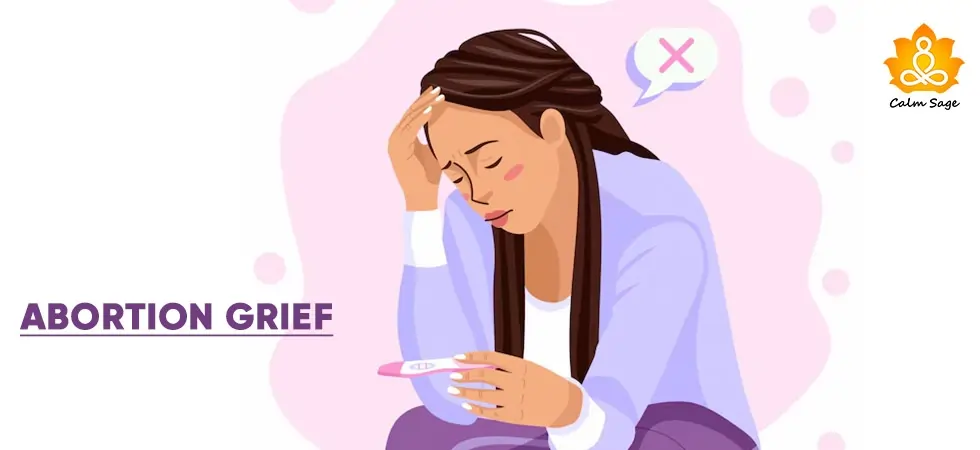Denial Of Depression: What Can You Do To Help Someone In Denial About Depression?

It is not uncommon for people to experience denial when dealing with a challenging situation whether it be grief, depression, or even addiction. But what can you do to help someone in denial about depression or other disorders?
Whether it be a physical, emotional, or psychological disorder, it may take the mind time to adjust. Denial is a phase that we go through after we receive shocking news. The idea that something life-altering has happened can take time to settle in the mind, hence denial.
If your loved one is continuing to deny their condition – whatever it may be – it can put them at risk of developing further mental, emotional, and physical challenges. To caregivers, denial can make them feel frustrated and overwhelmed.
Helping someone deal with denial can be…complicated. Why? Because what steps may help one may not help others. Remember, all individuals are different with different personalities. Let’s not forget that symptoms of various disorders may vary from person to person.
Below are some ways you can help someone in denial about their mental illness.
How to Help Someone With Mental Illness Who is in Denial?
1. Educate Yourself
The first thing to do is to educate yourself and understand the extent of the disorder and its symptoms. Guessing symptoms here is the wrong thing to do. If you’re seeing a change in your loved one’s behavior, take a note of their symptoms and educate yourself. This is the best way to gather facts, distinguishing between the myths, and other preconceived notions about the disorder.
2. Ask Questions
The next step is to gather as much information as you can about depression or whatever condition your loved one is struggling with. Without invading their privacy, ask them questions such as “Do you still play chess in your free time? No? Why did you stop playing?”. If you can, gather information from their family members, friends, or co-workers. Comparing your experiences with those of others can help you make a plan for what’s next.
3. Plan Your Next Move
This can be a little difficult. Now that you know what there is to know about your loved one’s disorder or condition, the next step is to create a plan to make them understand their condition. Here, you can try an intervention. You can ask the person’s close friends and family members to attend and express their concerns.
Note: Keep in mind that intervention may not be the right approach for all situations, especially when the person is dealing with self-harm, suicide, or addiction. It is also recommended that a therapist or a counselor be present to provide relevant information. Also, keep in mind that you can’t force someone to understand or stop denying. All you can do is present them with evidence, information, and facts
4. Understand The Facts
Being vague here or using preconceived ideas about depression is not going to help. Here you need to refer to the facts. Plain and simple, without judgment. Facts are indisputable. If your loved one is struggling with depression and denying their condition, make them aware of the facts about depression. For example, how their appetite has changed, how their weight has changed, or how their mood is always low.
5. Show Empathy
It’s not easy to understand the extent of a person’s disorder but it is easy to choose our words carefully. There are some sentences that you should avoid saying to someone who’s struggling with depression such as “It’s all in your head. Get over it.” Showing empathy can go a long way in making someone understand the truth about their condition.
6. Set Boundaries
Boundaries are important not only to protect you but your loved one as well. If you see your loved one struggling with depression, you need to make them understand that their behavior – while normal – is also affecting others dear to them.
7. Take Care Of Yourself
No matter what you do, you cannot simply force someone to recover. But what you can do is take care of yourself. When we care about someone we love, we often forget to care for ourselves. This cannot be done. If you’re not careful about your mental health, how will you help your dear one?
If you need additional help from a mental health professional, you can connect with one here.
“We’re Here For You!”
Sometimes saying (and meaning) that you’re there for them can be enough too. Being there for your loved ones when they’re struggling with accepting their condition can go a long way in helping them see the truth.
Trust me. When I was struggling with depression, all I wanted was one person to come up to me and say “Hey! I’m here for you when you want to talk”.
Saying you’re there is not enough if you can’t come through when needed. If you say it then mean it and be there when they need you to be. Depression or any other mental health disorder, for that matter, is a serious but sensitive topic. However, if you see your loved ones deny their struggles, make them understand. Be gentle, honest, and open with them.
I hope the above ways on what you can do to help someone in denial will help you when the time comes. For more information, you can always contact us at info@calmsage.com or DM us on social media.
If you liked this article, let us know in the comments below. We’re always here to help you!
Be Kind & Take Care!




















